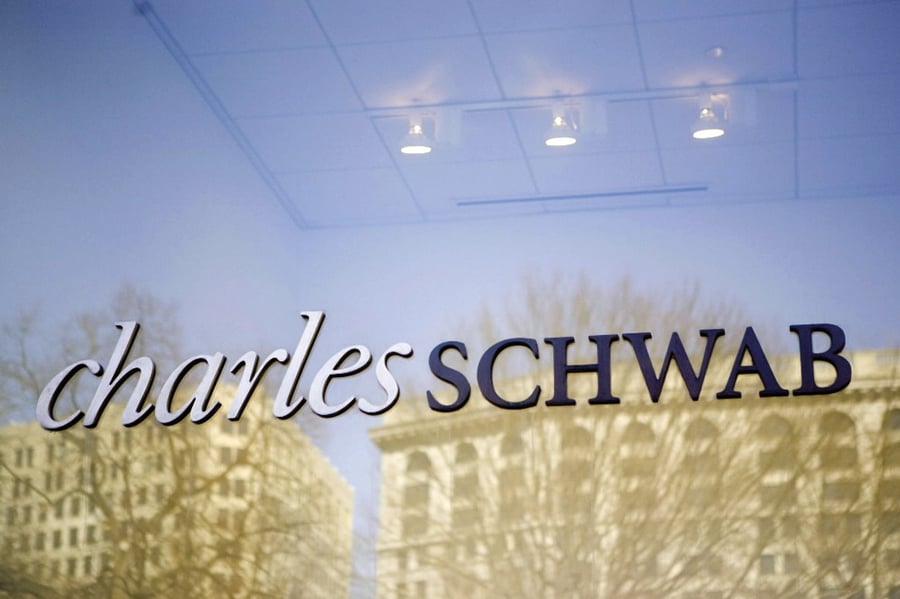

Charles Schwab Corp. has been slapped with a class-action complaint filed by three investors who claim the firm systematically violated its fiduciary and consumer protection duties via its robo-adviser Schwab Intelligent Portfolios' cash sweep program.
The complaint alleges that Charles Schwab Investment Advisory, the subsidiary that manages the robo-adviser, placed its interest and those of Schwab before the interests of its customers by over-concentrating SIP program accounts in cash relative to other assets. The complaint, filed Friday in the U.S. District Court in Northern California, alleges that Schwab “willfully engaged in the unfair and unlawful acts and practices ... and knew or should have known that those acts and practices were unfair and unlawful.”
A Schwab spokesperson said the firm does not comment on active legislation.
The class-action suit was filed by plaintiffs Lauren Marie Barbiero, Kimberly Jo Lopez and William Kenneth Lopez. The three investors claim that because Charles Schwab Investment Advisory did this, the plaintiffs and other investors who are a part of the program paid “hundreds of millions of dollars in unwarranted and unfair cash sweeps to Schwab and collectively missed out on over $500 million in portfolio growth since the inception of the SIP Program,” according to the complaint.
Schwab’s cash sweep program has garnered regulatory scrutiny in recent months. In July, Schwab disclosed that the Securities and Exchange Commission was probing the brokerage’s robo-platform regarding disclosure issues. The brokerage has not detailed the SEC’s investigation, but announced the company will take a potential $200 million charge in the second quarter related to the inquiry.
Following the SEC’s announcement, research firm Backend Benchmarking estimated in August the Intelligent Portfolios platform and its high cash allocation within its cash sweep program could be costing investors more than $500 million in portfolio growth over the past six years. Instead of charging an advisory fee, Schwab’s robo earns revenue by charging for its underlying exchange-traded funds and on interest collected on holding clients’ assets in cash.
The cash spread, as it’s called, is the difference between what Schwab earns in interest and what it actually pays clients. The practice is certainly nothing new and is common with almost all of the big banks using them, and it’s part of the reason clients earn next to nothing in interest in traditional savings accounts.
Using a high cash allocation to generate revenue has allowed Schwab to market its robo-adviser as technically having no advisory fee, and the brokerage has made its fee structure front and center on its website so customers can read about the practice.

"The greed and deception of this Ponzi scheme has resulted in the same way they have throughout history," said Daniel Brubaker, U.S. Postal Inspection Service inspector in charge.

A survey reveals seven in 10 expect it to be a source of income, while most non-retired respondents worry about its continued sustainability.

AI suite and patent for AI-driven financial matchmaking arrive amid growing importance of marketing and tech among advisory firms.

The RIA's addition in Dallas, previously with Raymond James, comes just as the take-private deal between Corient's parent firm in Canada and Mubadala Capital comes to completion.

LPL's head of HNW planning says too many advisors are making a common mistake.
Stan Gregor, Chairman & CEO of Summit Financial Holdings, explores how RIAs can meet growing demand for family office-style services among mass affluent clients through tax-first planning, technology, and collaboration—positioning firms for long-term success
Chris Vizzi, Co-Founder & Partner of South Coast Investment Advisors, LLC, shares how 2025 estate tax changes—$13.99M per person—offer more than tax savings. Learn how to pass on purpose, values, and vision to unite generations and give wealth lasting meaning
